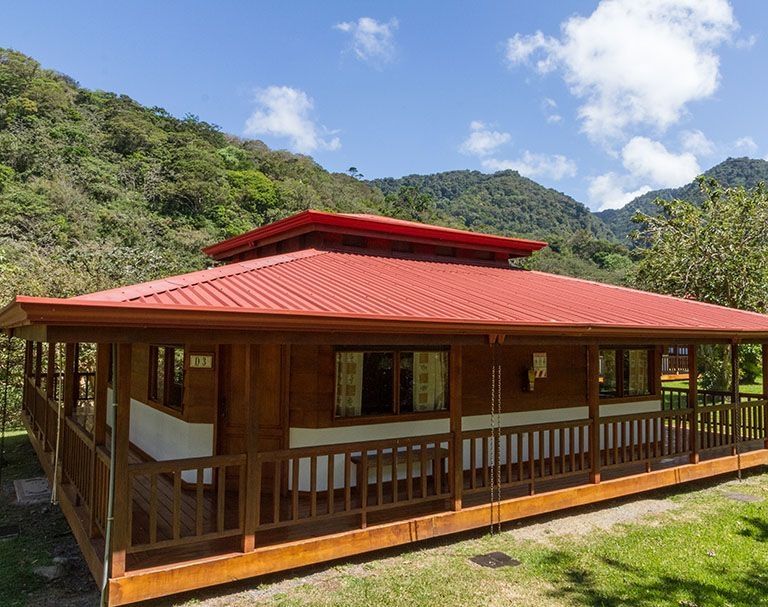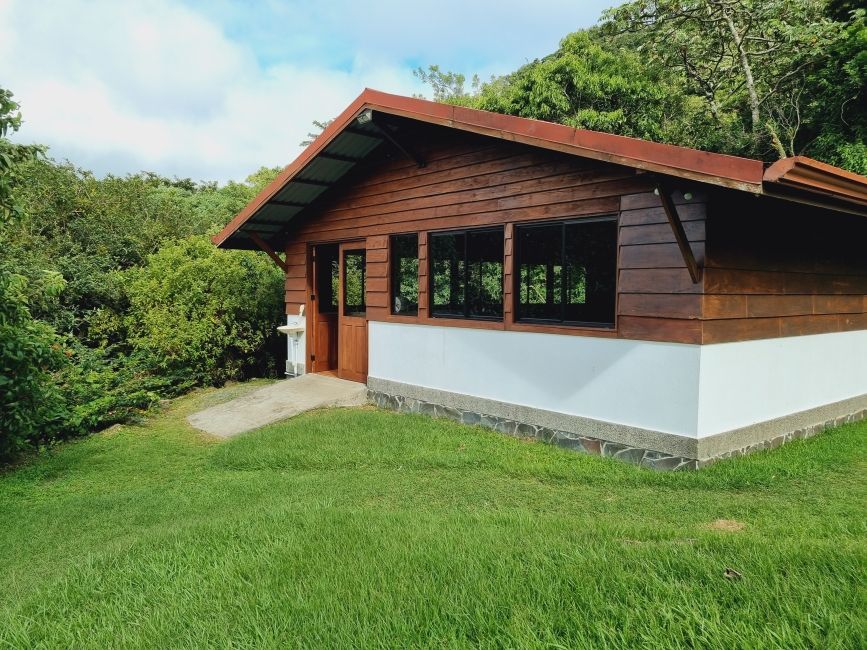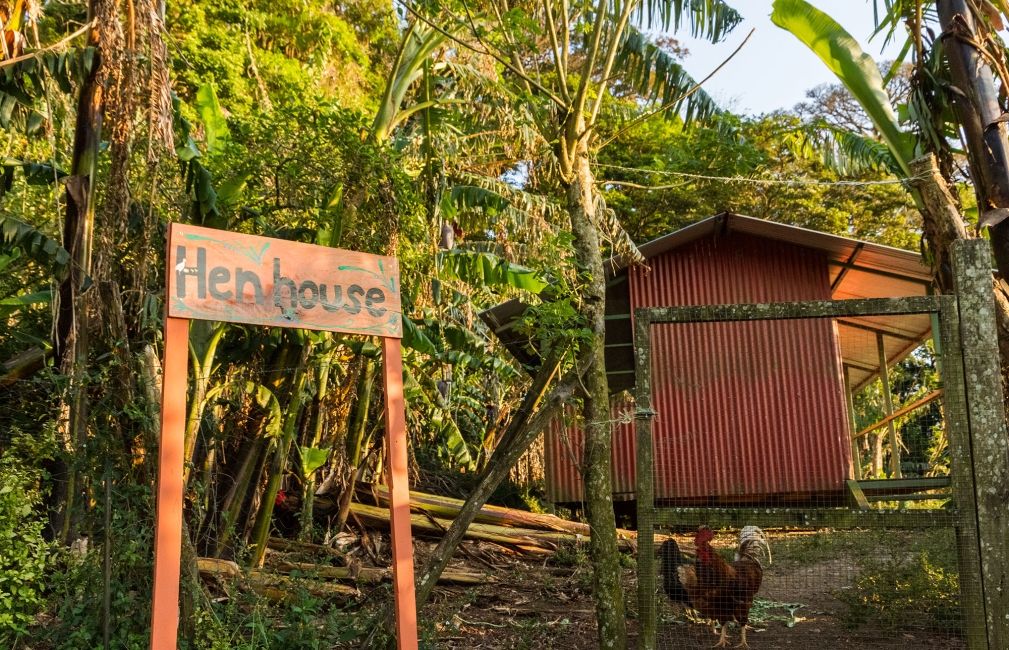CIEE Monteverde Campus Used in Insect and Light Research Study
Have you ever wondered why insects are drawn to artificial light? From campfires to porch lightbulbs, moths and other insects appear to congregate around these sources of light as soon as the sun goes down. Well, scientists and researchers finally have an answer: They lose track of the sky!
In a research article originally published by “Nature Communications,” CIEE’s Monteverde, Costa Rica campus was used as one of two field sites in a series of studies exploring this curious insect behavior. “We conducted some of the field components of the research on the CIEE campus forest in Monteverde,” said Pablo E. Allen, Ph.D., Center Director of CIEE Monteverde and one of the scientists and co-authors of the study. “We have also started working [with the rest of the research team] to provide workshops for our Tropical Ecology & Conservation students, so they can learn more about this type of research and learn some modern methods using new technological tools that they can themselves apply to their independent research.”
In collaboration with colleagues like Yash Sondhi (now at the University of Florida) and Samuel Fabian (Imperial College London), the leading researchers of the study, the team captured high-speed videos of insects around various light sources, to assess their body postures and flight paths. Today’s advanced camera technology allowed the research team to study insect behavior in more detail than ever before, revealing that insects appear to twist to point their backs to the light to keep them in proper orientation to fly. This behavioral reflex, known as dorsal light response, demonstrates insects are stuck in a loop flying around artificial light sources, as opposed to being attracted to light, as the famed “moth to a flame” saying suggests.
Breakthrough ecological studies like this demonstrate just how critical field research and technology access is. “Last summer, two Tropical Ecology & Conservation students used the knowledge and equipment facilitated by this research group to execute their independent projects,” Allen shared, highlighting one of the many benefits of having research studies on-site for study abroad students to witness firsthand. “We will continue to work with them this spring."
For more information:
- Nature Communications: “Why Flying Insects Gather at Artificial Light”
- Nature: “‘Like a Moth to a Flame’ — This Strange Insect Behaviour is Finally Explained”
- The Conversation: “The Surprising Reason Why Insects Circle Lights at Night: They Lose Track of the Sky”
- NPR: “'Like moths to a flame'? Here's What's Going on with Insects and Porch Lights”
- Scientific American: "Why Insects Are Lured to Lights in the Night"
Related Posts
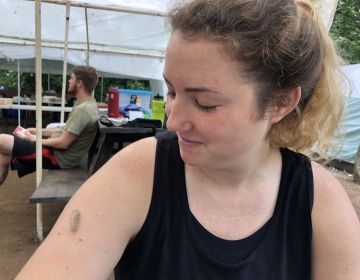
Our program through the eyes of a Student
Our Summer student Maddie Beale from the State University of New York at Fedonia wrote a blog about how she found us, the process of choosing our program and the... keep reading
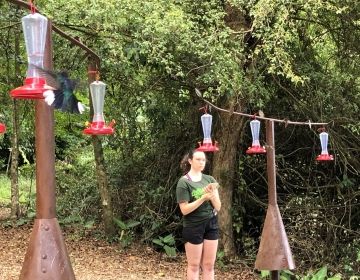
Independent Research Projects: Part I
The Tropical Ecology & Conservation students are working on their independent projects right now, many different ecology topics are being cover that involve both field and lab work. From Leaf-cutting... keep reading
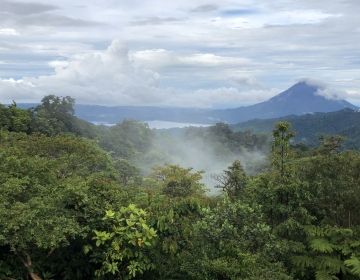
Pura Vida en Costa Rica: Atlantic Slope
Our second field trip starts with a visit to the San Gerardo Station, this station located a little above 1000 meters in elevation is part of the Children's Eternal Rain... keep reading
